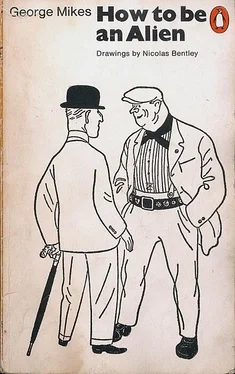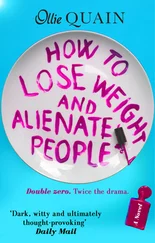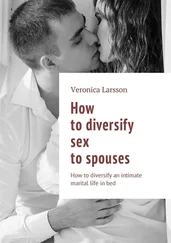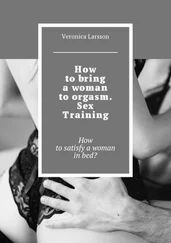If naturalised, remember these rules:
1. You must start eating porridge for breakfast and allege that you like it.
2. Speak English with your former compatriots. Deny that you know any foreign language (including your mother tongue). The knowledge of foreign languages is very un-English. A little French is permissible, but only with an atrocious accent.
3. Revise your library. Get rid of all foreign writers whether in the original or translated into English. The works of Dostoevsky should be replaced with a volume on English birds; the collected works of Proust by a book called “Interior Decoration in the Regency Period”; and Pascal's “Pensées” by the “Life and Thoughts of a Scottish Salmon.”
4. Speaking of your new compatriots, always use the first person plural.
In this aspect, though, certain caution is advisable. I know a naturalised Britisher who, talking to a young man, repeatedly used the phrase “We Englishmen.” The young man looked at him, took his pipe out of his mouth and remarked softly: “Sorry, Sir, I'm a Welshman,” turned his back on him and walked away.
The same gentleman was listening to a conversation. It was mentioned that the Japanese had claimed to have shot down 22 planes.
“What — ours?” he asked indignantly.
His English hostess answered icily:
“No — ours .”
1. When people say England, they sometimes mean Great Britain, sometimes the United Kingdom, sometimes the British Isles — but never England.
2. Please note my extensive knowledge of the American language.
3. While this book was at the printers a correspondence in The Times showed that the English have almost sixty synonyms for “street.” If you add these to the street names which stand alone (Piccadilly, Strand, etc.) and the accepted and frequently used double names (“Garden Terrace,” “Church Street,” “Park Road,” etc.) the number of street names reaches or exceeds a hundred. It has been suggested by one correspondent that this clearly proves what wonderful imagination the English have. I believe it proves the contrary. A West End street in London is not called “Haymarket” because the playful fancy of Londoners populates the district with romantically clad mediaeval food dealers but simply because they have not noticed as yet that the hay trade has considerably declined between Piccadilly and Pall Mall in the last three hundred years.












